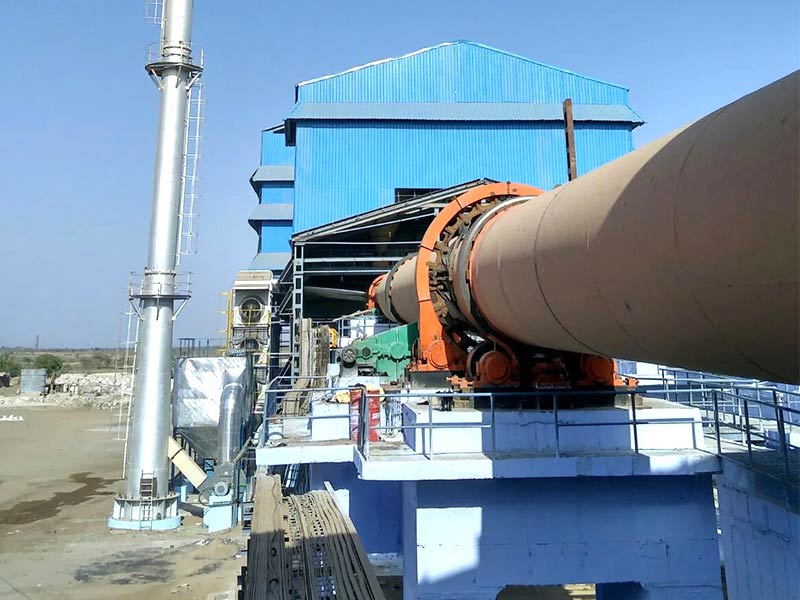
Ceramic Sand kiln
Product Specification:
Production Capacity:
Product Description
Feature
Working principle
Specification
Ceramsite Sand rotary kiln of Henan Hongke heavy machinery Co., ltd is a special rotary kiln for calcining raw materials of ceramsite. It is the main equipment for the production of ceramsite. The rotary kiln is widely suitable for clay, yellow mud, silt, fly ash, shale, slag, etc. The calcination and manufacture of various materials such as ceramsite. It is also a very important equipment in the production line of ceramsite, which has the characteristics of high unit volume, long kiln life, high operating rate, stable operation, high heat transfer efficiency and low heat consumption.
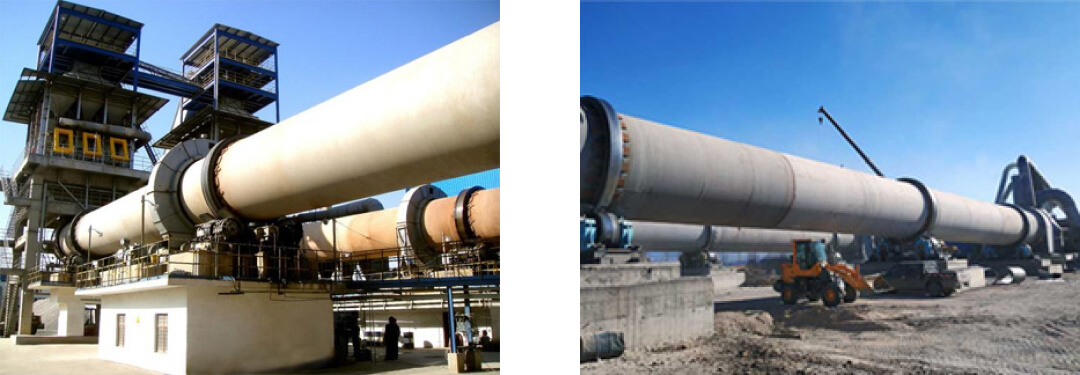
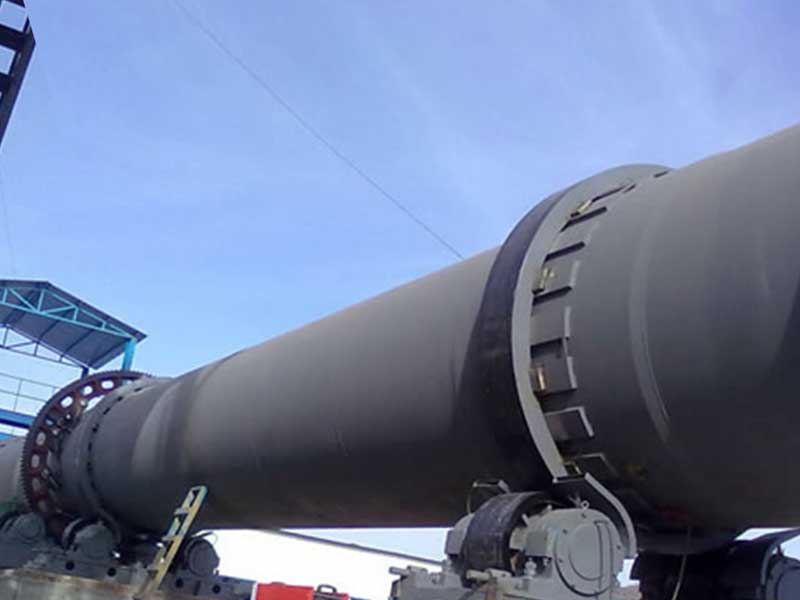
1.Having the advantage of energy-saving and also environment-protective.
2.Ceramic sand rotary kiln is the important equipment when manufacturing high quality ceramic sand.
3. Rotary kiln is equipped with simple structure, a few wearing parts and high operation ratio which can ensure a reliable control during the production process.
4. Diversified uses: The nickel products produced have a wider range of uses and can also be used as a coolant for molten steel melting.
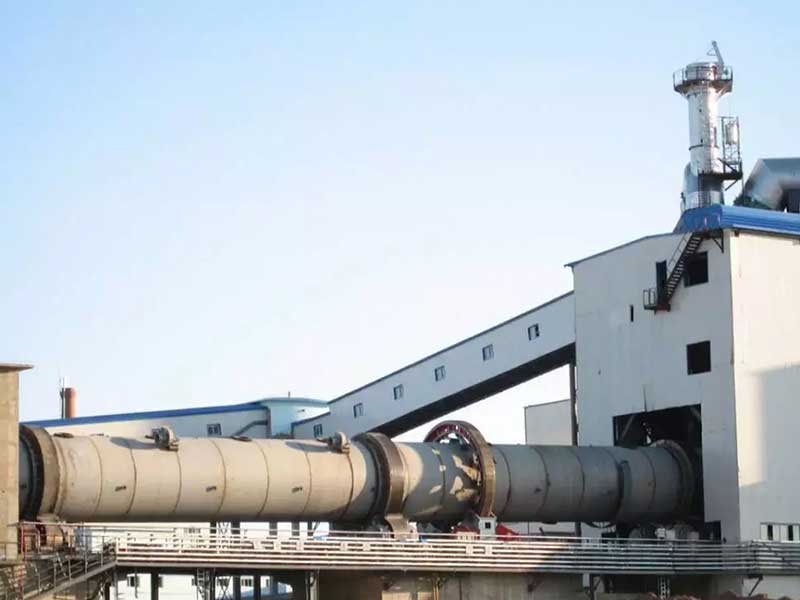
1. The ceramic rotary kiln equipment consists of a rotary cylinder, a supporting device, a supporting device with a blocking wheel, a sealing device at the kiln head and tail, and a coal injection pipe device.
2. The kiln body is at a certain slope to the horizontal, and the entire kiln body is supported by a supporting wheel device, and there is a blocking wheel device that controls the movement of the kiln body up and down.
3. In addition to the main transmission, the transmission part is also equipped with auxiliary transmission devices to ensure that the kiln can still rotate slowly and prevent deformation in the event of a power outage of the main transmission. The kiln head adopts a shell type seal, and the kiln tail is equipped with an axial contact sealing device, ensuring the reliability of the seal.
4. The process of calcining ultrafine kaolin at a working temperature between 950 ℃ and 1050 ℃ to operate the ceramic sand, and then adjusting the temperature according to the amount of material to ultimately achieve the desired goal. This calcination technology has been proven to have low energy consumption, good performance stability, and product whitening through dehydration and decarbonization.
Product specifications(m) | Kiln dimensions | Capacity (t/d) | Rotation speed (r/min) | Motor power (kw) | Total weight (t) | Note | ||
| Φ2.5×50 | 2.5 | 50 | 3 | 200 | 0.62-1.86 | 55 | 187.37 | Outside disassemble kiln |
| Φ2.5×50 | 2.5 | 50 | 3 | 200 | 0.62-1.86 | 55 | 187.37 | Outside disassemble kiln |
| Φ2.5×50 | 2.5 | 50 | 3 | 200 | 0.62-1.86 | 55 | 187.37 | Outside disassemble kiln |
| Φ2.5×50 | 2.5 | 50 | 3 | 200 | 0.62-1.86 | 55 | 187.37 | Outside disassemble kiln |
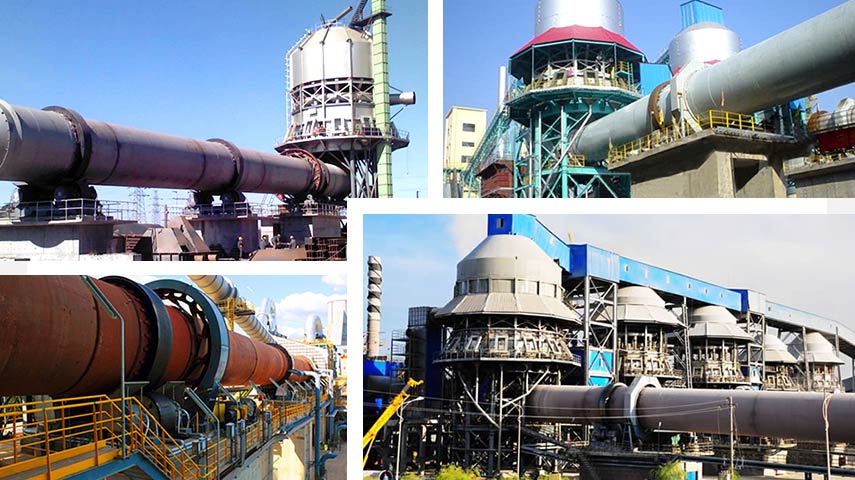
قماCement kilns are mainly used for clinker calcification, which can be divided into dry cement kilns and wet cement kilns. The metal chemical furnace is mainly used for the roasting and magnetization of light iron ore in the metallurgical industry and steel plants, the roasting of oxidized olive sauce, grapes, and magnesium, and the roasting and roasting of high-quality alumina ore in smelters Aluminum manufacturing plants use clinker and aluminum hydroxide, while chemical plants use clinker and aluminum hydroxide to bake chromium. Lime kilns are mainly used for baking live lime, while dolomite lamps are used in steel and ferroalloy plants.
More products you want to know!